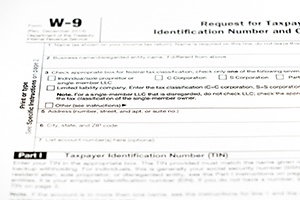 January 31st will be here before you know it, and with it the deadline to file 1099 tax forms. In a perfect world, this deadline is met with security and peace of mind. In the real world? Not so much. We’ve seen many companies who couldn’t tell us where W-9s were kept or if the accounting department collected them at all. If you, like many companies, dread the deadline each year, there is still time. Read below to understand best practices for filing 1099s, why obtaining and maintaining your company’s vendors’ W-9s is important, and how to prepare for success for the approaching deadline.
January 31st will be here before you know it, and with it the deadline to file 1099 tax forms. In a perfect world, this deadline is met with security and peace of mind. In the real world? Not so much. We’ve seen many companies who couldn’t tell us where W-9s were kept or if the accounting department collected them at all. If you, like many companies, dread the deadline each year, there is still time. Read below to understand best practices for filing 1099s, why obtaining and maintaining your company’s vendors’ W-9s is important, and how to prepare for success for the approaching deadline.
What Is A 1099?
The Form 1099-MISC is an Internal Revenue Service (IRS) tax return document used to report payments made to independent contractors and freelancers during the calendar year. In general, a Form 1099 should be filed for anyone to whom a company has paid:
- At least $600 in services, rents, prizes or awards, and other income payments.
- Payments to attorneys and medical corporations, even if the payee is a corporation, and 100% of amounts paid should be reported, even if below the $600 threshold.
- At least $10 in royalties or broker payments in lieu of dividends of tax-exempt interest.
- Direct sales of at least $5,000 of consumer products for resale anywhere other than a permanent retail establishment.
- Each person from whom the employer has withheld federal income tax under the backup withholding rules.
- Rent to landlords.
Payments that are not reported on a Form 1099 include:
- Generally, payments to corporations (unless it is considered a “reportable payment” or it is an attorney, who must receive a Form 1099-MISC, regardless of corporation status).
- Employee income (report income on W-2s).
- Payments to tax-exempt organizations including not for profit and local, state, or federal government entities
What Is A W-9?
The IRS requires a company to obtain a W-9 form - formally titled “Request for Taxpayer Identification Number and Certification” - when a company pays an individual working as a freelancer or independent contractor. The W-9 form provides the information a company needs to file a 1099. They also benefit companies by:
- Helping to create a paper trail that allows the IRS to catch vendors who do not report income.
- Preventing a company from claiming illegitimate vendor expenses.
- Preventing a company from hiring undocumented workers who does not have a TIN or Social Security Number in violation of federal law.
Best Practices
Here are some helpful tips and tricks to filing 1099s, as well as collecting and maintaining W-9s:
- Have a written contract with your 1099 vendors, especially freelance bookkeepers, website developers, and small IT firms.
- The IRS requires that you obtain a W-9 from a vendor by the time you file your annual tax return, but best practice is to obtain the W-9 before you make payment to the vendor. You can send the vendor a request for their W-9 before making payment, but you should at least send the request as soon as it is established you will be purchasing from a vendor to ensure you have the document and are not holding up payment.
- Run a 1099 report once a quarter to verify you have all the 1099 information in your accounting software. Don’t wait until January to discover you are missing W-9 forms for multiple vendors Doing the work quarterly avoids headaches and hassles in January.
- Document the date, contact, and method of request in your accounting software or a spreadsheet to ensure you have documentation of your request. The vendor must send you a copy of their W-9 upon request or they could be fined $50 by the IRS.
- Notate all IRS 1099 filing deadlines such as vendor copy due by January 31, 2018; IRS paper filing due by February 28, 2018; IRS electronic filing due by March 31, 2018.
- Don’t forget that if vendors were paid by credit card, instead of by check, the merchant service will send them a 1099-K and you don’t need to send them a 1099-MISC.
Maintaining vendors’ W-9s consistently is the key to ensuring successful filing of 1099s. With proper procedures and best practices set in place throughout the year, your accounting department will be able to file your 1099s stress free.




